Korfmann's Kolsch Celebrates This German Archeologist's Hard Work & Passion
Our Kolsch is served properly in authentic stange glassware
Korfmann’s Kolsch
Three words to describe this beer – Bright, Crisp, Dry
The Back Story
Manfred Korfmann (April 26, 1942 – August 11, 2005) was a German archeologist renowned for excavating Hisarlik in Turkey. When Korfmann started excavating Hisarlik in 1988, the archaeological community was unaware of how vast the site was. In fact, his team excavated over 13,240 square meters of land and discovered the site extended into the site of Troy. While Troy was previously discovered by Schliemann, Korfmann’s work added structure to the understanding of Troy and provided answers to many of the cultural and historical questions.
In February 2002, Korfmann presented his conclusions about the site in contrast to the prevailing scientific conclusions about Troy. The main point of the controversy was the size and interpretation of the bronze-age city. Further excavations in August 2003 supported Korfmann's theory/ The diggings in the plains south of the hill and magneto-metric investigations confirmed that Troy was 15 times larger than previously expected. As a result, worldwide interest in Troy grew exponentially. In 1996 Korfmann helped to establish a national park around the Troy site and two years later UNESCO declared this site as World Cultural Heritage.
Korfmann’s Kolsch is a testament to old fashioned hard work and the struggle to find the truth. We like to think Korfmann would sit with this Kolsch in his hand and enjoy the satisfaction of success, pursing his lifelong passion.
The Translation to a beer
A Kolsch is a German beer originating from Cologne, Germany. While lagers dominate German brewing, a Kolsch is an ale fermented at a warmer temperature and conditioned at a cooler temperature like a lager. The result is a pale, highly attenuated brew that is crisp, dry, with slightly fruity notes. It should be brightly golden and is often served in a stang glass.
The Pilsner malt provides the fermentable sugars as well as the golden color. The Munich malt adds a slight bit of bready notes.
The Magnum hops delivers the moderate bitterness, while Liberty hops yields slight floral notes.
The brewing of Kolsch enjoys protected status in the European Union. A beer can only be considered a Kolsch if it is made within 50 miles of Cologne, but we celebrate this traditional style with our own version in Cornelius.
Taproom Artifact
A Ceramic Trojan Warrior depicts one of the warriors from the great city of Troy. Occupied for
over 4000 years, the city of Troy was repeatedly destroyed and rebuilt at the same location. In
fact, archaeologists have identified nine archaeological layers identified as the Roman numerals
I-IX. Today there is no conclusive proof of the Trojan War, but there are hints. The layer called
Troy VI-VII corresponds to the period when Troy was in contact with Mycenaean Greece.
Aspects of the architecture of this layer are consistent with Homer’s Iliad and several sublayers
show potential signs of violent destruction.
ABV 5.1%
IBU 23
Malts: Pilsner Malt, Light Munich Malt
Hops: Magnum, Liberty

